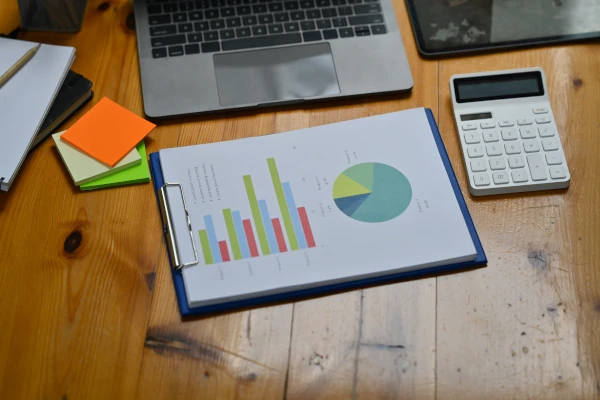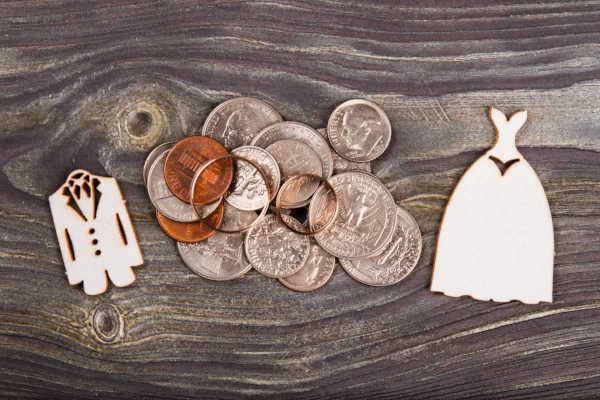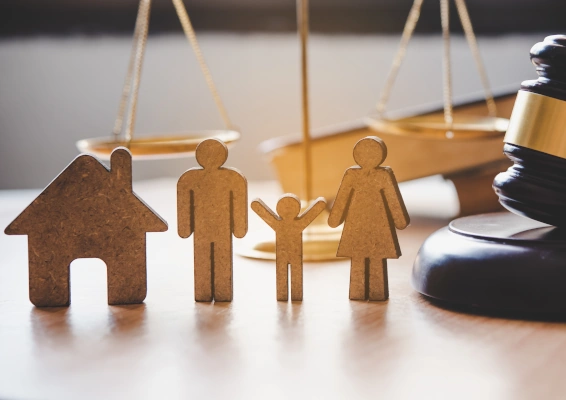Divorce is a challenging time that requires careful consideration of various financial aspects, including how to handle joint credit accounts. Managing these accounts properly is crucial to protect your credit score and financial future. Here’s what you need to know about handling joint credit accounts during a divorce in North Carolina.
Understanding Joint Credit Accounts
Joint credit accounts are held by two individuals, both of whom are equally responsible for the debt. These accounts can include credit cards, loans, and lines of credit. Addressing these accounts during a divorce is essential to prevent financial complications.
Steps to Handle Joint Credit Accounts
- List All Joint Accounts: Start by listing all joint credit accounts, including credit cards, mortgages, auto loans, and personal loans. Get a copy of your credit report to ensure no accounts are missed.
- Close or Freeze Joint Accounts: Consider closing or freezing joint accounts to prevent further debt. This step ensures that no additional charges can be made. Notify creditors about your divorce and ask to close or restrict the accounts. Also, don’t open any new joint debt accounts.
- Freeze Your Credit: Contact credit bureaus to place a freeze on your credit to prevent unauthorized use.
- Monitor Accounts: Monitor all joint accounts until they are fully resolved. This ensures no unexpected charges or issues arise.
- Consult with an Attorney: Seek legal advice before making financial moves regarding joint credit accounts. An experienced family law attorney can help you understand your rights and obligations and guide you on the best course of action.
Impact on Credit Score
Handling joint credit accounts properly during a divorce is vital to maintaining a healthy credit score. Failing to manage these accounts can result in missed payments, increased debt, and a damaged credit history. Here are some tips to protect your credit score:
- Keep Payments Current: Make sure all joint account payments are made on time, even if the account is closed or being transferred.
- Check Your Credit Report Regularly: Review your credit report regularly to monitor the status of joint accounts and any changes that may affect your credit score.
- Dispute Errors: If you notice any errors on your credit report, dispute them immediately to prevent negative impacts on your credit score.
Legal Considerations
In North Carolina, dividing marital debt is part of the equitable distribution process, where the court divides marital property and debts fairly, though not always equally. When addressing joint credit accounts, the court considers various factors, including:
- Who incurred the debt: Understanding who was responsible for accumulating the debt.
- Purpose of the debt: Determining whether the debt was for marital or individual purposes.
- Ability to pay: Evaluating each spouse’s financial capacity to repay the debt.
In Conclusion
Handling joint credit accounts during a divorce requires careful planning and proactive measures. By listing all joint accounts, closing or freezing them, and continuously monitoring the accounts, you can protect your financial future. Consulting with a family law attorney ensures you navigate these complexities effectively.

Krista Stallard
Krista Stallard is an experienced family law attorney specializing in divorce and custody cases, passionate about alternative dispute resolution, and committed to providing excellent legal representation to her clients.
For help with managing joint credit accounts during a divorce, contact Stallard & Bellof today. Our experienced family law attorneys are here to guide you through the process and protect your financial interests.














